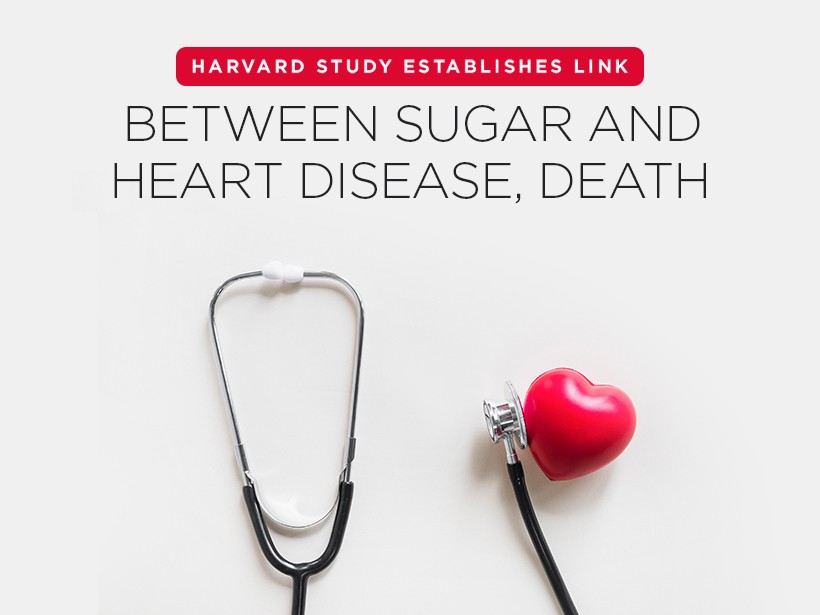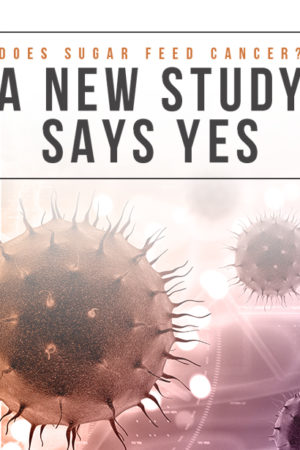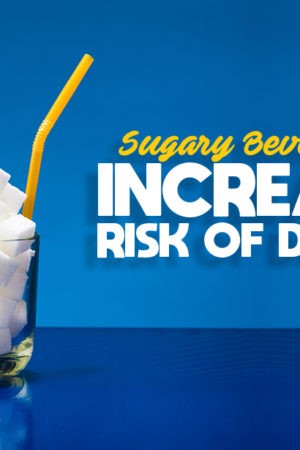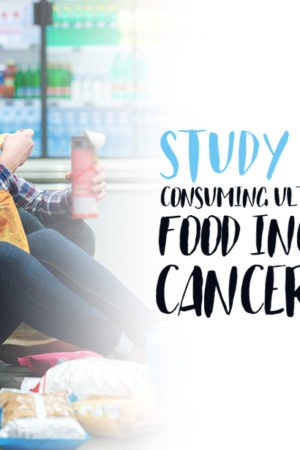Obesity itself is well known for its tendency to put people at risk for developing cardiovascular disease and other fatal conditions. But what about sugar, arguably the primary dietary cause of obesity? Most research has stopped short of tying sugar itself to heart disease. This is primarily due to the obvious difficulty in singling out a lone dietary element in the production of disease.
Bring on the scientists
A groundbreaking study published in the American Heart Association’s (AHA) journal Circulation, however, lends some frightening but reliable new evidence to the idea that sugar consumption directly contributes to heart disease and the risk of death.1 In conducting the study, researchers at Harvard examined data from nearly 120,000 participants. Their goal was to measure the relationship between sugar consumption and various causes of death including cardiovascular disease and cancer. To do so, they tracked sugar-sweetened beverage (SSB) consumption among subjects.
The results were stunning. Not only was the consumption of sugar-sweetened beverages positively associated risk of dying from cardiovascular disease, but its likelihood was graded according to the amount of SSBs that they drank. Sugary drink consumption was also associated with certain fatal cancers, although the relationship was not as severe as with cardiovascular disease. Perhaps the most frightening figure from the study was that those who drank two or more SSBs per day had a 31 percent higher risk of dying from cardiovascular disease.
In light of these results, the authors make a number of personal and policy recommendations. Artificially-sweetened beverages, which were also examined during the study, could be a useful, if temporary, tool for weaning yourself off of sugary drinks, the authors suggest. “Diet soda may be used to help frequent consumers of sugary drinks cut back their consumption, but water is the best and healthiest choice,” said Vasanti Malik, co-author of the study.2
The bigger picture
The authors also recommend sugar taxes and other public policies that could impact the spread of sugary drinks. With the gradual increase in industry regulation and research like the Harvard study, the soda lobby's veneer of kid-friendliness is weakening as the industry scrambles to save its profits. “The big picture is really starting to emerge,” said Malik. “This is not random. There is a whole lot of consistency across these findings.”3
NUTRITIONAL DISCLAIMER
The content on this website should not be taken as medical advice and you should ALWAYS consult with your doctor before starting any diet or exercise program. We provide nutritional data for our recipes as a courtesy to our readers. We use Total Keto Diet app software to calculate the nutrition and we remove fiber and sugar alcohols, like erythritol, from the total carbohydrate count to get to the net carb count, as they do not affect your blood glucose levels. You should independently calculate nutritional information on your own and not rely on our data. The website or content herein is not intended to cure, prevent, diagnose or treat any disease. This website shall not be liable for adverse reactions or any other outcome resulting from the use of recipes or recommendations on the Website or actions you take as a result. Any action you take is strictly at your own risk.
- California Pushes for Cigarette-Like Warning Labels on Soda - July 1, 2019
- Is a Slowdown in Australia's Sugar Consumption a Sign of More to Come? - June 24, 2019
- Groundbreaking Study Says the Sugar Rush Doesn't Exist - June 12, 2019































